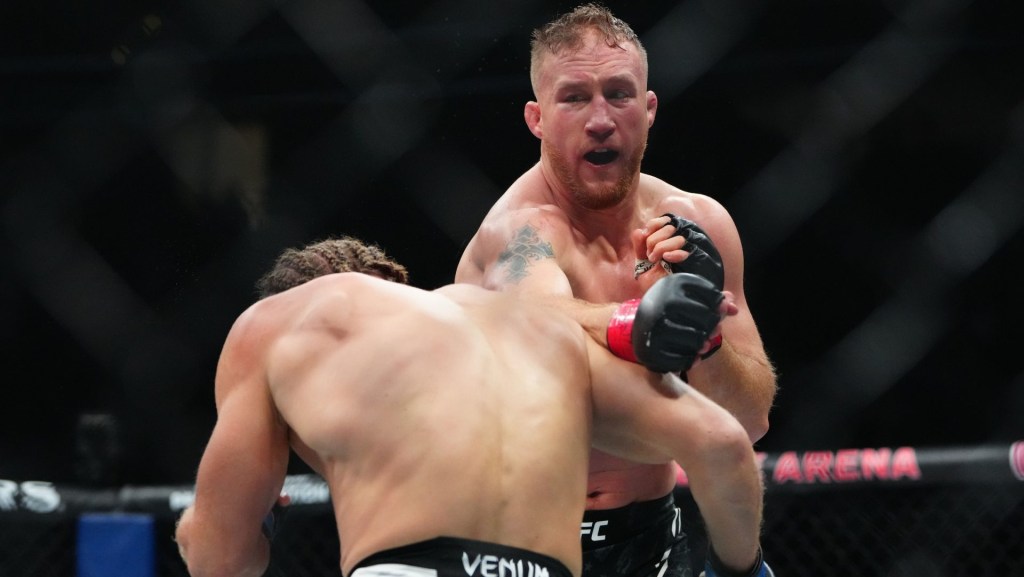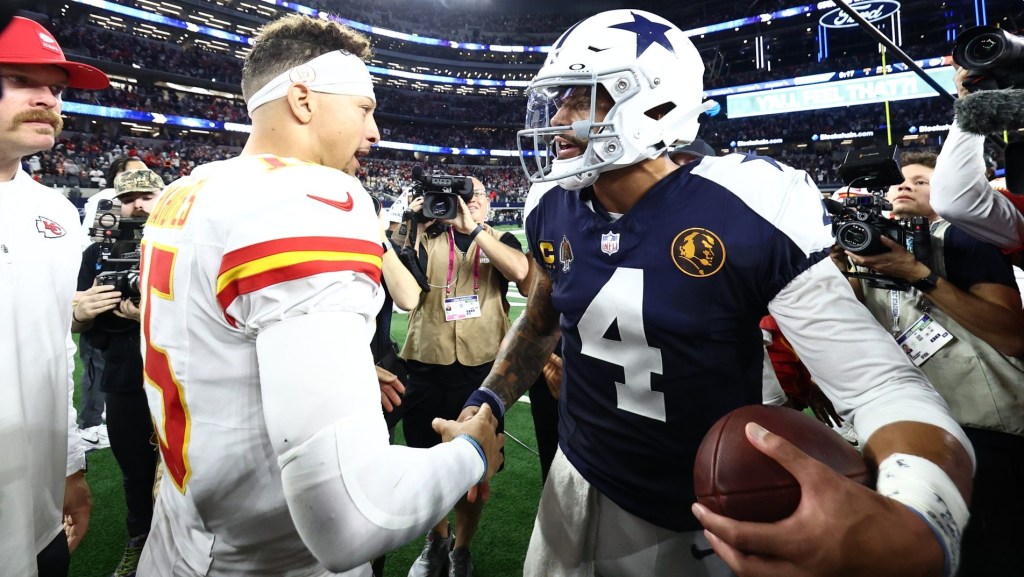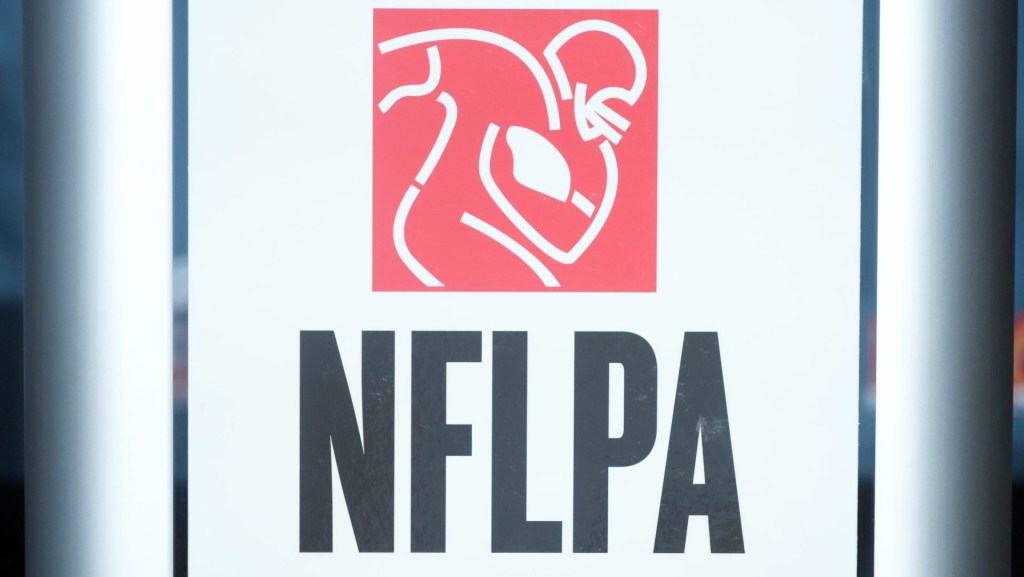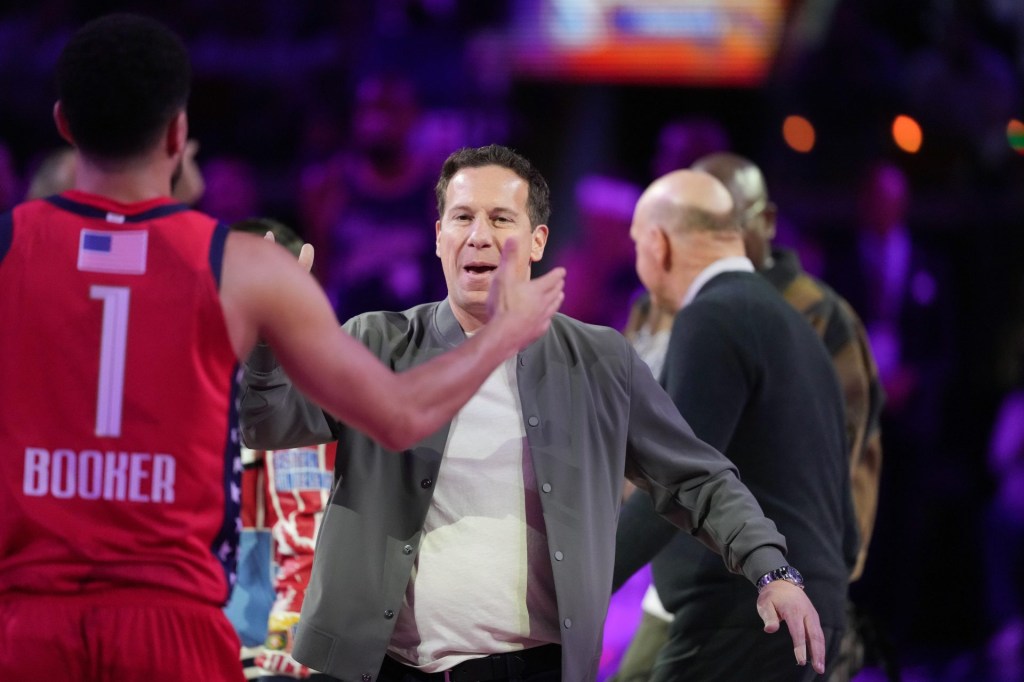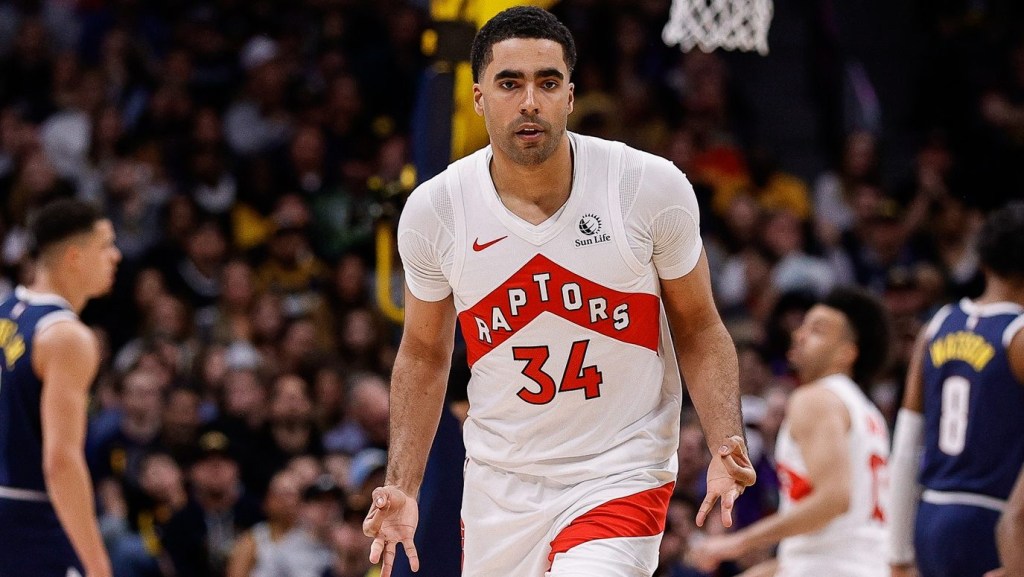It’s been two weeks since Grand Slam Track’s self-imposed July 31 deadline to pay just over $3 million in prize money to the athletes from their debut meet in April, and the track start-up still hasn’t sent the funds.
On the deadline date, Grand Slam said in a statement to Front Office Sports that it anticipated receiving investor funds “imminently,” after which it would “immediately” send the money to athletes. But after two weeks, athletes are still waiting.
Grand Slam paid its athletes their appearance fees from the first meet in Kingston, Jamaica, but not the prize money; it still hasn’t paid any of the appearance fees or prize money from any of the other Slams.
The total amount Grand Slam owes athletes is about $13 million, FOS reported last month.
Michael Johnson, the Olympic champion who founded the league, shared a lengthy statement on social media Friday morning, following inquiries this week from FOS, admitting Grand Slam is “struggling with our ability to compensate” its athletes.
“Due to our strong desire to make this right as quickly as possible, we offered dated payment timelines and have been unable to meet them,” Johnson wrote. “Understandably, this has led to frustration, disappointment, and inconvenience to our athletes, agents, and vendors. I know this damages trust. I know this makes some wonder if our vision can survive.”
The new venture staged three Slams this spring promising record prize money, but canceled its fourth Slam in L.A. before struggling to pay its athletes and vendors.
Last month, Johnson said on Front Office Sports Today that one of his investors pulled out after making an eight-figure commitment, and the start-up is trying to secure other funding to pay its athletes and vendors and return next year.
“Our plan is to make payments for Kingston prize money before the end of July and the remaining payments due by the end of September, which includes the honoring of Los Angeles appearance fees,” Grand Slam said in an email to agents in July. Other vendors, including the city of Miramar, Fla., are still owed money.
“The 2026 season will not happen until those obligations are met—and that is my #1 priority,” Johnson said in his statement Friday.
Johnson said in his statement that he’s spent the past weeks meeting with investors who are “excited” about the league, but that the process is “hard to rush, especially with long-term investments and selecting the right partner is so important to this project.” He said he is still “confident about the future” of the league.
The start-up made a huge splash when it was announced in 2024. Its $30 million in funding and $12.6 million in prize money—plus salaries for some runners—were eye-popping sums for a sport often defined by meager paychecks. Athletes could win $100,000 by winning their two-race “Slams,” far more than the purses on offer at track’s previous top-tier events.
The series stumbled out of the gate with its April event in Kingston, Jamaica, in a nearly-empty stadium as it failed to sign the biggest Jamaican stars. Johnson admitted he made mistakes in Jamaica and honed his product in Miami and Philadelphia, more easily filling stadiums and increasing viewership on The CW. Weeks before the final Slam in L.A., Grand Slam said it was canceling the L.A. meet and would return in 2026.
Several of Grand Slam’s highest-profile athletes have grown restless about the money owed to them. “So dope! Pls pay me,” sprinter Gabby Thomas commented on a video Grand Slam posted of her on July 1. Fred Kerley (who missed the Miami and Philadelphia Slams after his arrest at the meet hotel) has also posted multiple times about the Kingston prize money. “Tomorrow would be the last day before I think people get pretty upset,” Grant Fisher said on July 30.
Other athletes like Josh Kerr and Kenny Bednarek both showed support for Grand Slam earlier this month and said they aren’t alarmed by the debts. “If the money came in today, it’d be the quickest I’ve ever been paid from a championship,” said Kerr. “It’s a new business, they’re trying to figure things out. But I’m not worried, I feel like we’re all going to get paid, so just gotta be patient,” said Bednarek.
For their performances in Kingston, Grand Slam Track owes Thomas, Fisher, and Bednarek $100,000, Kerley $25,000, and Kerr $12,500.
Agents had mixed reactions. One athlete representative called it a “massively frustrating experience,” while another said they are “very worried” the start-up will file for bankruptcy.
Hawi Keflezighi, a prominent agent whose Grand Slam athletes include middle distance star Nikki Hiltz, was more measured.
“We are extending the same goodwill to GST that they have extended us from Day One,” Keflezighi told FOS. “GST has been transparent about what transpired to put them in the position they are today. … We are rooting for the GST team and investors to figure things out and make the athletes whole.”
World Athletics said it was considering action, while USA Track and Field said it was not involved.
“This is not a good situation,” WA president Sebastian Coe said in July.
In a statement to FOS on August 5, WA said it was “actively monitoring the situation regarding Grand Slam Track and engaging with athletes and their representatives in the hopes that the situation will be resolved as soon as possible for all of the athletes concerned.” (One agent said that if Grand Slam returns next year, athletes and agents will be requesting money from Grand Slam be put into an escrow account with World Athletics.)
A spokesperson for USA Track and Field said in a statement to FOS: “USATF is aware that athletes are awaiting payment from Grand Slam Track. While we are not involved in the business matters of an independent and private venture, we hope and trust that this situation will be resolved soon and that athletes are delivered the prize money they were promised.”
In the business of track, payments aren’t always immediate. Anti-doping requirements mean payments can be delayed while organizers await negative test results. At the rival track start-up Athlos, athletes received their payments in “just a few business days” following the meet, founder Alexis Ohanian told FOS earlier this summer.
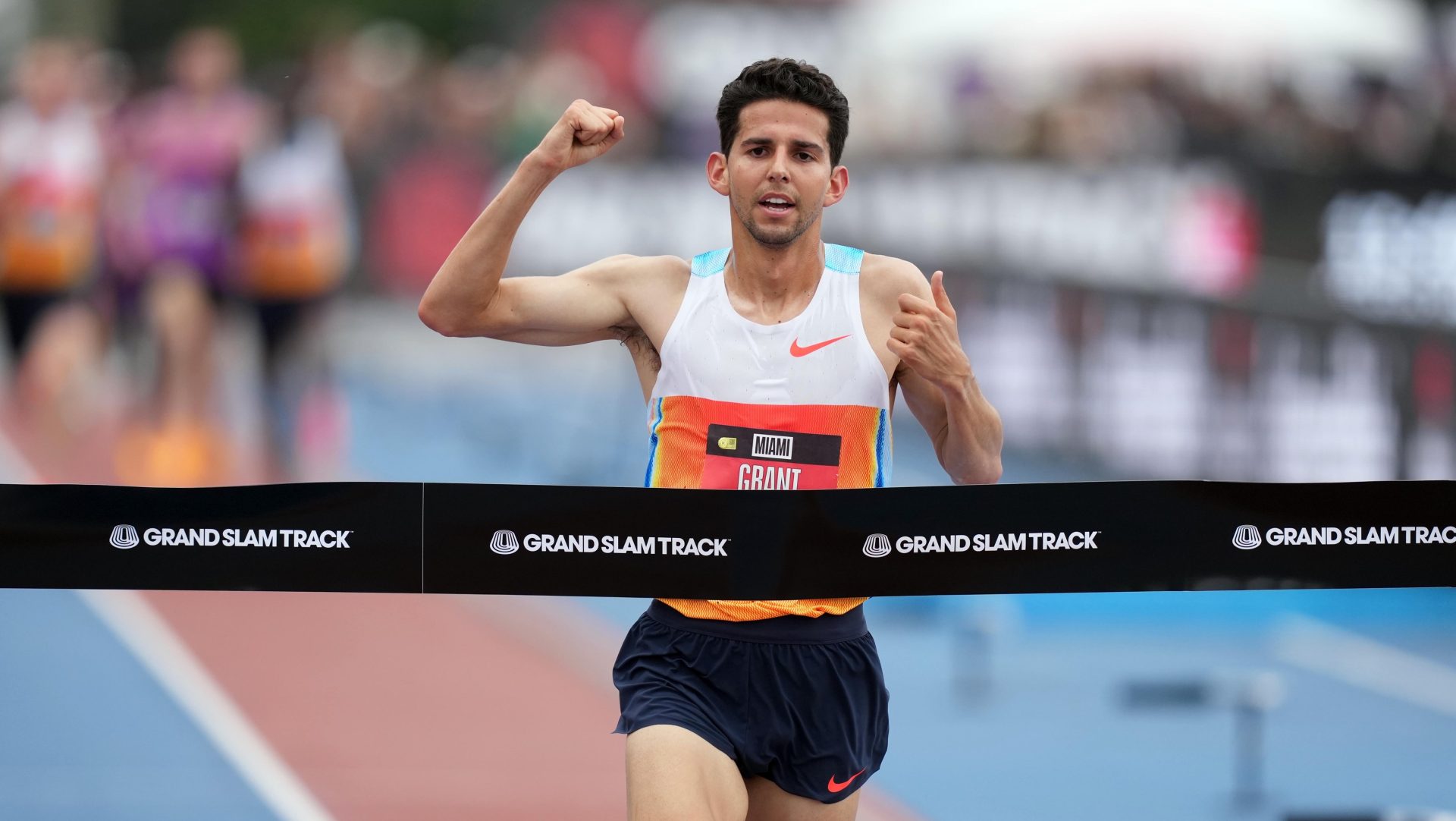

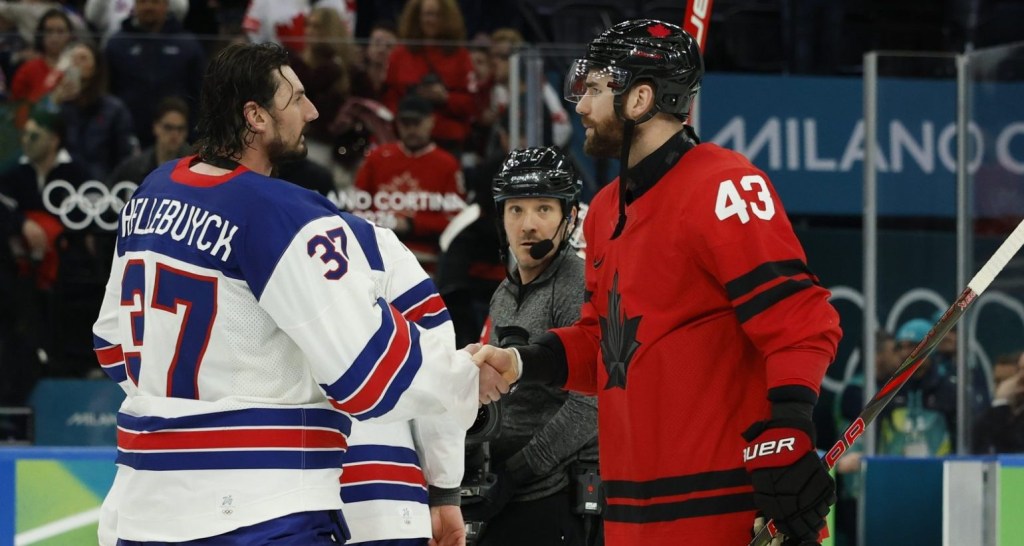
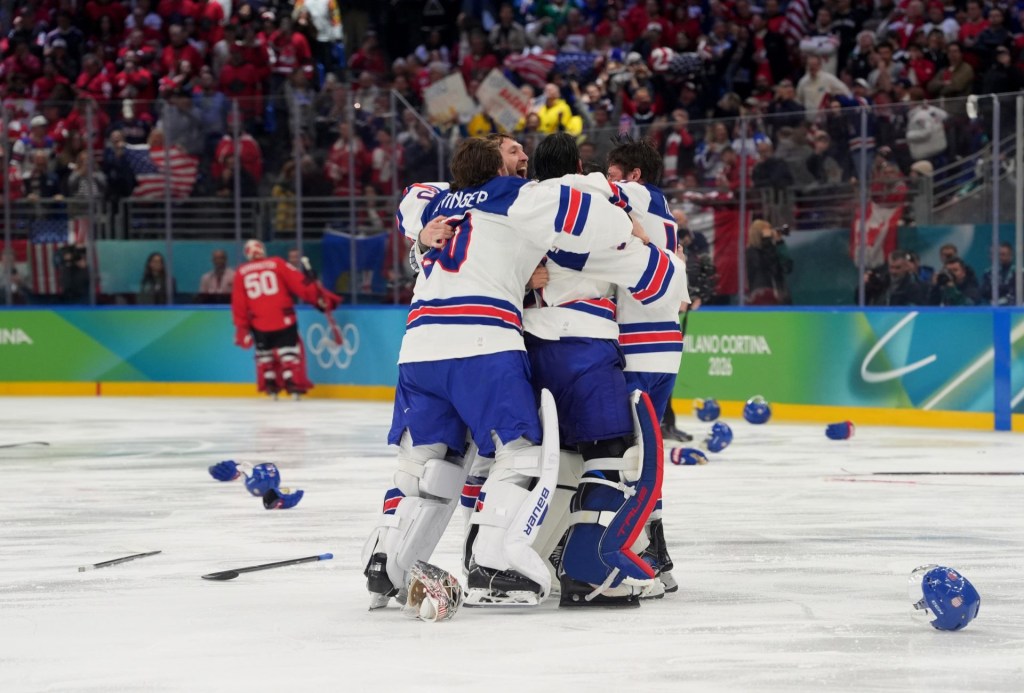
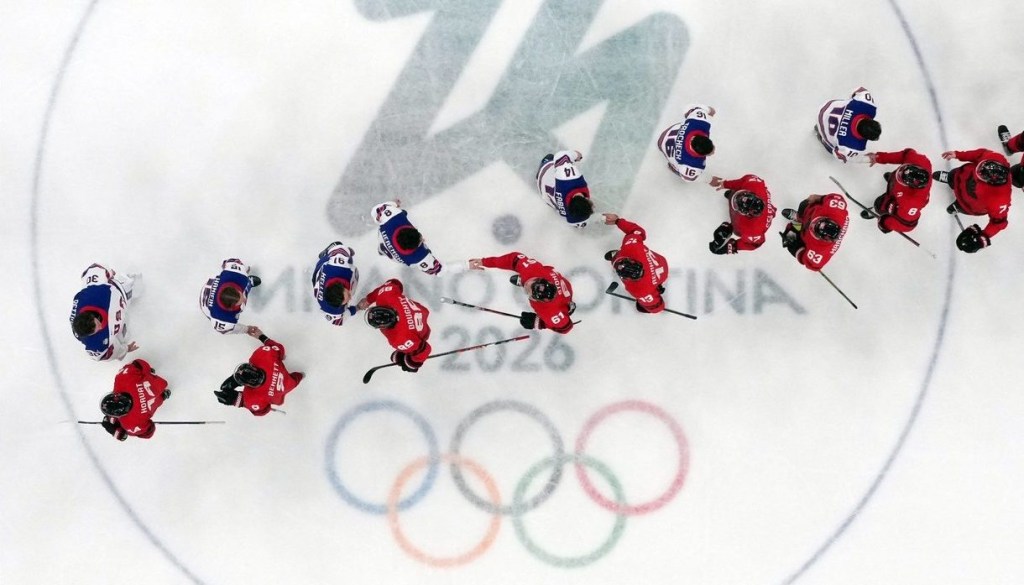
![[Subscription Customers Only] Jun 15, 2025; Seattle, Washington, USA; Botafogo owner John Textor inside the stadium before the match during a group stage match of the 2025 FIFA Club World Cup at Lumen Field.](https://frontofficesports.com/wp-content/uploads/2026/02/USATSI_26465842_168416386_lowres-scaled.jpg?quality=100&w=1024)
![[Subscription Customers Only] Jul 13, 2025; East Rutherford, New Jersey, USA; Chelsea FC midfielder Cole Palmer (10) celebrates winning the final of the 2025 FIFA Club World Cup at MetLife Stadium](https://frontofficesports.com/wp-content/uploads/2026/02/USATSI_26636703-scaled-e1770932227605.jpg?quality=100&w=1024)



